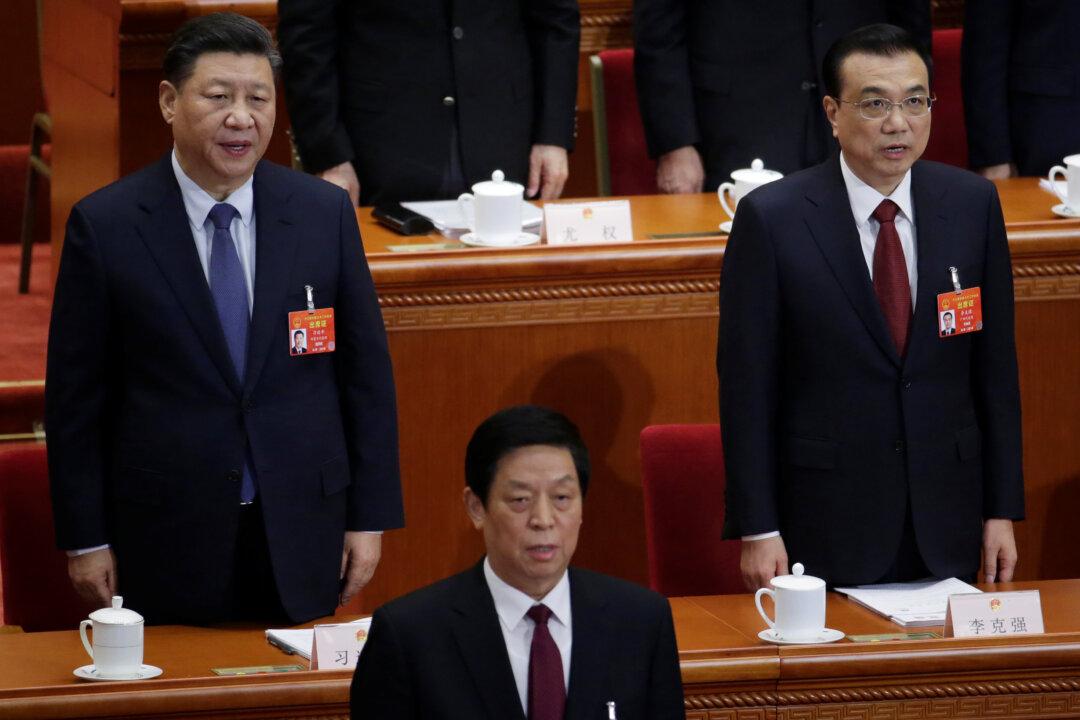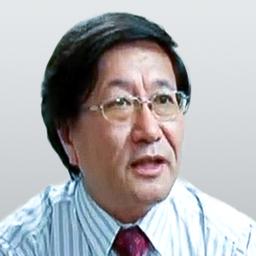Commentary
A new dynamic has been dominating China’s communist bureaucracy in recent years: Officials are now largely disloyal, or “harboring two hearts,” as the Chinese say.


A new dynamic has been dominating China’s communist bureaucracy in recent years: Officials are now largely disloyal, or “harboring two hearts,” as the Chinese say.